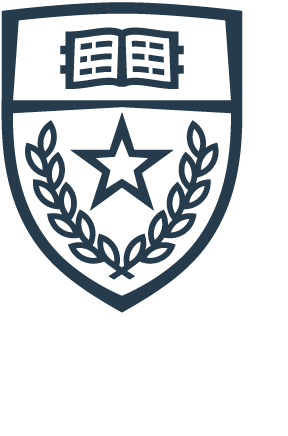Submitted by Staci R Norman on
AUSTIN, Texas—Marvin, a self-driving Isuzu SUV programmed by University of Texas at Austin computer scientists and members of Austin Robot Technology (ART), passed a recent driving test and will advance to the semifinals of the Defense Advanced Research Projects Agency's (DARPA) 2007 Urban Challenge race.
| VIDEO: Watch a video demonstration of Marvin, the “autonomous” Isuzu SUV, submitted to DARPA by Austin Robot Technology and The University of Texas at Austin for the “Urban Challenge” race: |
The test, which was held at the Southwest Research Institute in San Antonio on July 17, required the SUV to perform a number of exercises using only its programmed intelligence and onboard computers. The exercises included making three-point turns, detecting and avoiding obstacles, and stopping at stop signs to wait for other manned vehicles to pass before proceeding.
Passing this test means Marvin will compete in the DARPA Urban Challenge National Qualification Event on Oct. 26-31.
Both the National Qualification Event and the final Urban Challenge will take place at the urban military training facility located on the former George Air Force Base in Victorville, Calif.
"Creating autonomous vehicles has the potential to improve our society in many ways, ranging from saving fuel, lowering emissions, saving time and reducing fatalities on the road," says Dr. Peter Stone, assistant professor of computer sciences. "It's also a wonderful opportunity to get undergraduates excited about and directly involved in cutting edge computer science research.
"This project started as an undergraduate research class as a part of the College of Natural Sciences' Freshman Research Initiative, and several of the undergraduates from the class continue to be deeply involved in the project."
"We couldn't be more excited," says ART team leader Dave Tuttle. "Marvin had passed all the tests beautifully so we expected to be invited to the next stage of the competition, but it was not official until DARPA announced the list publicly. From the day after our site visit we've focused on the function needed to compete successfully in the nationals."
The final DARPA Urban Challenge, on Nov. 3, will pit autonomous vehicles from around the globe against one another in a race through an artificial urban landscape. The challenge is intended to accelerate research and development in autonomous ground vehicles that could help save lives on the battlefield. These technologies eventually will be used in the conventional automotive market as well. The winners will receive $2 million, $1 million or $500,000 and opportunities to commercialize their research.
The recent DARPA announcement pared the original list of 89 competitors down to 36.
In preparation for the DARPA nationals, the team is seeking sponsors to assist with their travel and competition expenses.
"We are fortunate that The University of Texas at Austin and several other far-sighted sponsors who helped us early on made it possible for our entry to get to this point," says Tuttle. "Now we ask Texas companies to step up and help us prove the value of our home-grown technology at one of the world's most prestigious events."
Companies and individuals interested in becoming a Marvin sponsor or sponsoring autonomous vehicle research at The University of Texas at Austin should contact Dr. Peter Stone. Stone can be reached best by e-mail at pstone@cs.utexas.edu.
For more information contact: Dr. Peter Stone, assistant professor of computer sciences, 512-471-9796; Laura P. Wright, Blabbermouth PR, 512-461-5777.







